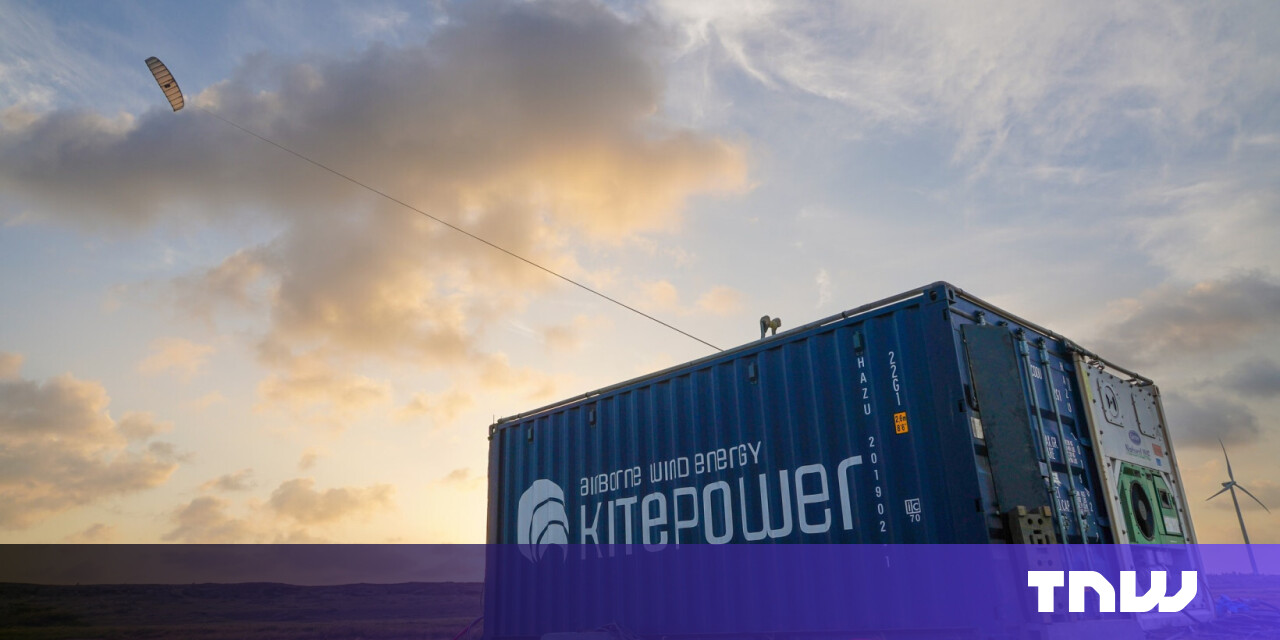Volkswagen reduces EV production due to declining demand
Volkswagen reduces EV production due to declining demand
Volkswagen Faces Production Pause for Flagship EV Models

In a recent development, Volkswagen has announced that it will temporarily halt production of two of its flagship electric vehicle (EV) models due to shrinking demand and reduced government subsidies. The production of VW’s ID.3 and Cupra’s Born will be put on hold at the carmaker’s main EV factory in Zwickau, Germany until October 16. Additionally, assembly of the ID.3 at a small-scale plant in Dresden will also cease for the first two weeks of October.
Decreased Demand and Tough Competition
Volkswagen has been facing challenges in selling its made-in-Germany electric cars, as rival brands like Tesla from the United States and BYD from China continue to dominate the market. The ID fleet of EVs from Volkswagen has seen a slowdown in demand, partly due to stunted economic growth and higher costs of living in Europe. These factors have made it difficult for Volkswagen to reach its sales targets for their EV models.
Impact of Government Subsidies
Another crucial aspect affecting Volkswagen’s EV sales has been the reduction of government subsidies by the German government. At the beginning of this year, support for battery electric or fuel cell cars dropped from €6,000 to €3,000-€4,500, and further cuts are expected from January 2024. The subsidies for company-owned EVs were completely removed from September 1, which has had a significant impact on VW’s Zwickau factory. Nearly 70% of the EVs produced at this factory were destined to be company cars.
Uncertain Times for Workers
While Volkswagen has not provided specific details on how the production pause will affect workers at the two factories, the company did announce earlier that around 300 employees at the Zwickau plant would be let go. This news poses concerns for the workforce and raises questions about job stability amidst the challenging market conditions for EV production.
Seeking Alternatives in Production
As a means to combat rising costs in Europe, Volkswagen, along with other manufacturers like BMW and Tesla, is increasingly manufacturing cars in China and exporting them to the European market. Volkswagen plans to produce the new electric SUV Cupra Tavascan in a Chinese factory. This model, built on the same platform as the VW ID.4 and ID.5, is set to be launched in Europe next year.
However, the future profitability of importing Chinese-made cars into European markets may be uncertain. The European Union (EU) has recently launched an investigation into Chinese EV subsidies to prevent a surge of cheap imports. This investigation could potentially impact the long-term strategy of Volkswagen and other automakers relying on manufacturing in China.
Amidst the challenges faced by Volkswagen, the company continues to explore alternative solutions and adjust its production strategy to stay competitive in the ever-evolving EV market. Whether the production pause and shift in manufacturing tactics will help Volkswagen regain its footing and accelerate sales of its EV models remains to be seen. The coming months will likely determine the success of these endeavors and shape the future of Volkswagen’s EV portfolio.




